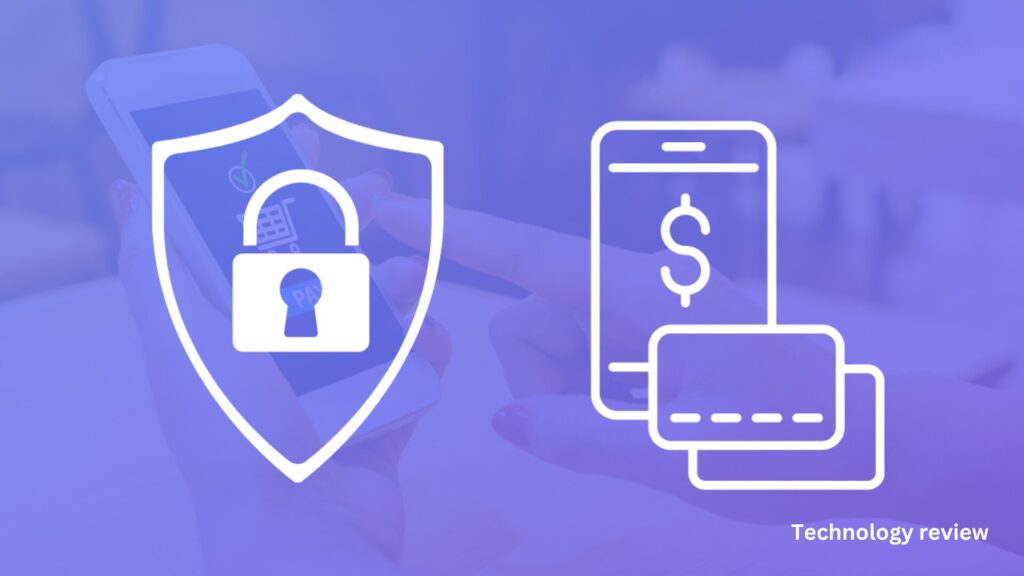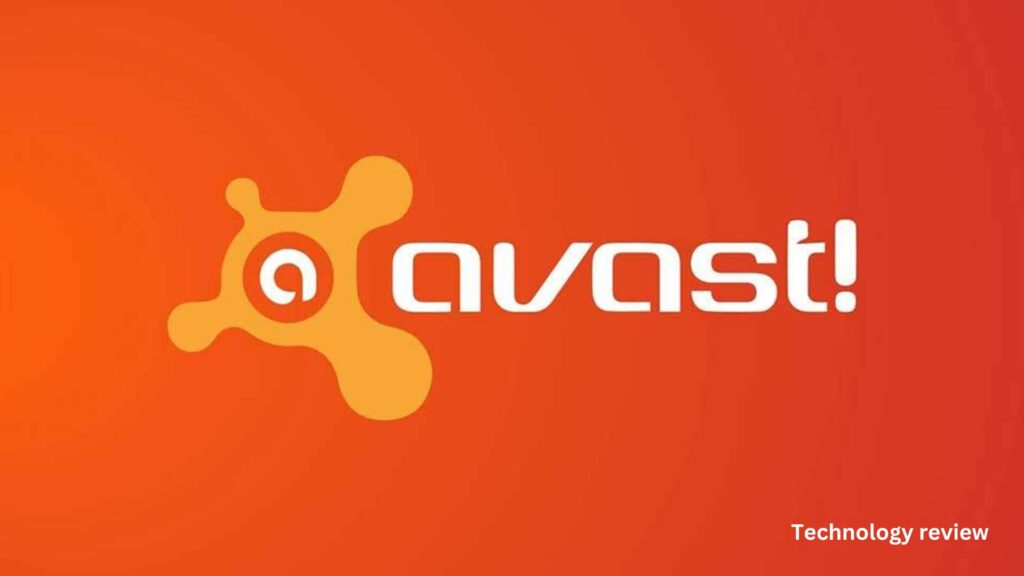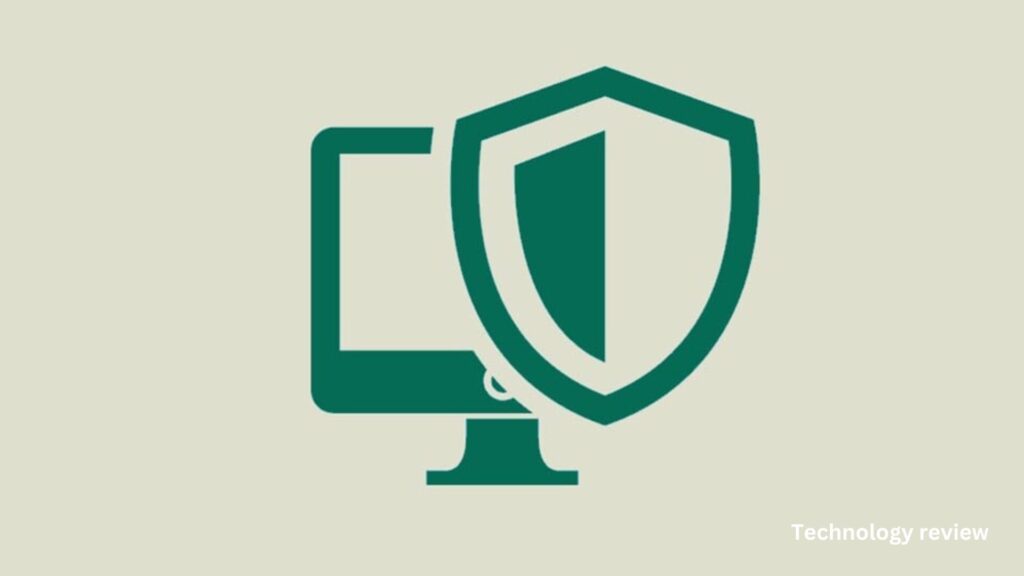Methods for Secure Online Payments in 2024 As you navigate the ever-evolving digital landscape of 2024, ensuring the security of your online transactions has become more crucial than ever. With cyber threats growing increasingly sophisticated, you need to stay informed about the latest methods for protecting your financial information. This article will guide you through the most secure online payment options available today, empowering you to shop and conduct business with confidence. From advanced encryption techniques to biometric authentication, you’ll discover how cutting-edge technologies are safeguarding your digital wallet. By implementing these secure payment methods, you can minimize risks and enjoy peace of mind in your online financial dealings.
Understanding Secure Online Payments
The Basics of Secure Online Payment Methods
In today’s digital age, secure online payment has become an essential aspect of e-commerce and financial transactions. As the global mobile payment market is projected to grow from $67.5 billion in 2023 to $587.52 billion by 2030, understanding the fundamentals of secure online payments is crucial for both consumers and businesses.
Key Technologies Driving Security
Several technologies are at the forefront of ensuring safe digital transactions. Biometric authentication methods, such as fingerprint scanning and facial recognition, have emerged as solutions to security concerns, offering a more secure and user-friendly alternative to traditional passwords. Additionally, Al and machine learning are being leveraged for advanced fraud prevention, analyzing transaction data to detect and prevent fraudulent activities in real-time.
The Role of Encryption and Tokenization
Encryption plays a vital role in secure online payment methods by scrambling sensitive data during transmission. Tokenization, another critical security measure, replaces sensitive data with unique identification symbols, maintaining the essential information without compromising its security. These technologies work in tandem to create a robust shield against potential cyber threats, ensuring that your financial information remains protected throughout the transaction process.
Credit and Debit Cards for Secure Online Payments
In the digital age, credit and debit cards remain popular methods for secure online payment. These traditional payment options offer robust security features and widespread acceptance, making them a reliable choice for many consumers.
Enhanced Security Measures
Credit cards provide strong fraud protection and liability limits, giving users peace of mind when making online purchases. Some credit card providers even offer virtual card numbers for added security, allowing you to generate unique numbers for each transaction. This feature significantly reduces the risk of your primary card information being compromised.
Debit cards, while directly linked to your bank account, also employ advanced security measures. These include:
- Secure networks
- Transaction alerts
- Biometric authentication
- Fraud monitoring systems
EMV Technology and Tokenization
Both credit and debit cards now utilize EMV (Europay, Mastercard, and Visa) chip technology, which generates unique codes for each transaction. This advancement makes it extremely difficult for fraudsters to clone your card information. Additionally, many cards support contactless “tap-to-pay” functionality, employing tokenization to protect your data during in-person and online transactions.
While credit and debit cards offer robust security, it’s essential to remain vigilant. Always shop from reputable websites, monitor your statements regularly, and report any suspicious activity promptly to your card issuer. Methods for Secure Online Payments
Digital Wallets for Secure Online Transactions
Digital wallets have emerged as a leading method for secure online payment, offering convenience and enhanced security features. As we move into 2024, these virtual counterparts to physical wallets are becoming increasingly sophisticated and widely adopted.
What Are Digital Wallets?
Digital wallets are software applications that securely store payment information and passwords, enabling quick and easy online transactions. According to recent data, over 70% of consumers in surveyed markets now use digital wallets, highlighting their growing popularity for secure online payments. Methods for Secure Online Payments
Types and Features
There are several types of digital wallets, each offering unique features:
- Closed Wallets: Proprietary wallets for specific company transactions
- Open Wallets: Bank-issued wallets for diverse transactions
- Crypto Wallets: For cryptocurrency management
Many digital wallets now incorporate advanced security measures like encryption and biometric authentication, enhancing data protection.
Benefits and Considerations
Digital wallets offer numerous advantages for secure online
transactions:
- Faster checkout processes
- Improved expense tracking
- Enhanced security through tokenization
However, users should be aware of potential drawbacks, such as limited vendor acceptance and data privacy concerns. When selecting a digital wallet, consider factors like platform coverage, additional features, and the provider’s security track record. Methods for Secure Online Payments
Bank Transfers for Safe Online Purchases
Understanding the Basics of Bank Transfers
Bank transfers have become an increasingly popular method for secure online payments. When you initiate a bank transfer, you’re essentially moving money directly from your account to the merchant’s account. This process eliminates the need for intermediaries, potentially reducing fees and increasing security.
Advantages of Using Bank Transfers
One of the primary benefits of bank transfers for online purchases is the enhanced security they offer. Unlike credit card transactions, bank transfers don’t require you to share sensitive financial information with the merchant. This significantly reduces the risk of fraud or identity theft. Methods for Secure Online Payments
Another advantage is the potential for lower transaction fees. Many money transfer apps, such as Zelle, offer instant transfers between bank accounts with no fees, making them an economical choice for both consumers and businesses.
Considerations and Best Practices
While bank transfers are generally secure, it’s crucial to exercise caution. Always verify the recipient’s details before initiating a transfer. Some banks offer additional security measures, such as two-factor authentication, to further protect your transactions.
It’s worth noting that bank transfers may not always be instant. While apps like Cash App and Venmo offer instant transfers for a small fee, standard transfers can take a few business days to process. Consider this timeframe when making time-sensitive purchases.
By understanding these aspects of bank transfers, you can leverage this secure online payment method effectively for your online shopping needs. Methods for Secure Online Payments
Tips for Choosing the Most Secure Online Payment Method
When it comes to secure online payment, it’s crucial to select a method that offers robust protection for your financial information. Here are some key factors to consider:
Prioritize Strong Authentication
Look for payment methods that employ multi-factor authentication. According to Checkout.com, the most secure online payment options, such as digital wallets and bank transfers, require device-specific access and multi-factor authentication. This extra layer of security significantly reduces the risk of unauthorized transactions.
Opt for Encryption and Tokenization
Choose payment methods that utilize advanced encryption techniques to protect your data. Credit cards and digital wallets often incorporate tokenization, which replaces sensitive
information with unique codes. As reported by CNBC, digital wallets like Apple Pay and Google Pay offer strong security features, including encryption and tokenization, making them excellent choices for secure online transactions.
Consider Fraud Protection and Liability Limits
Credit cards typically provide robust fraud protection and liability limits, making them one of the safest payment methods. Bankrate notes that credit cards offer features like fraud monitoring and zero fraud liability, which can protect you against unauthorized transactions. When selecting a payment method, prioritize those that offer similar protections to safeguard your finances.
By carefully considering these factors, you can choose a payment method that best aligns with your security needs for online transactions.



